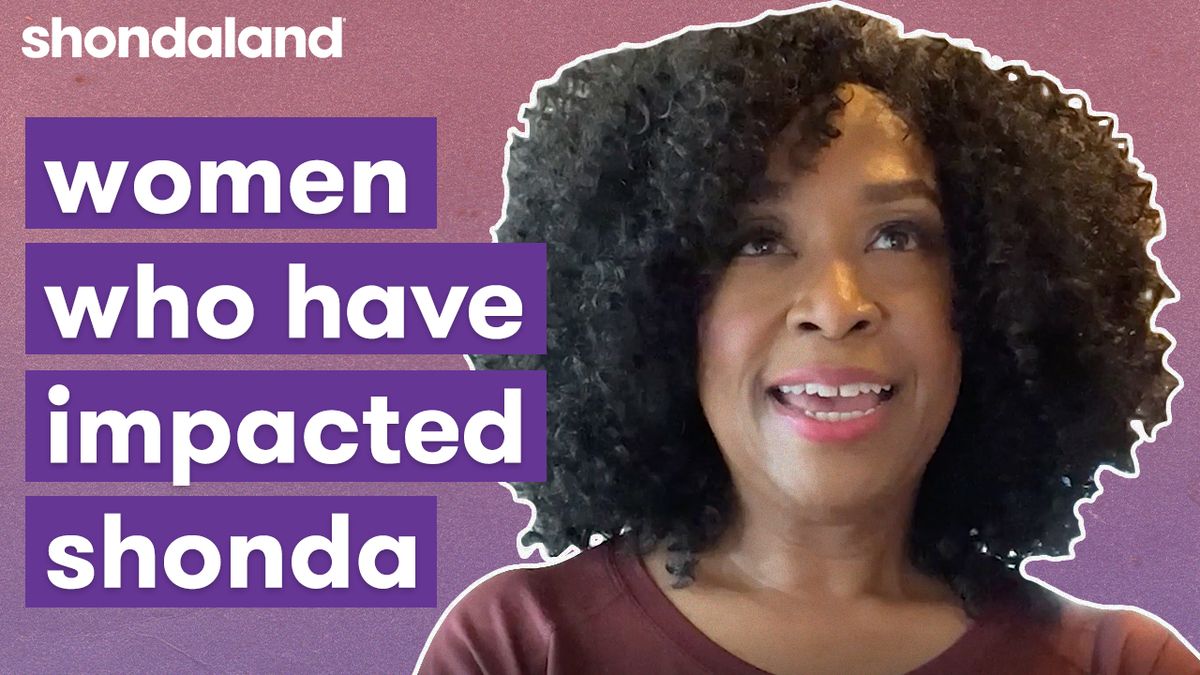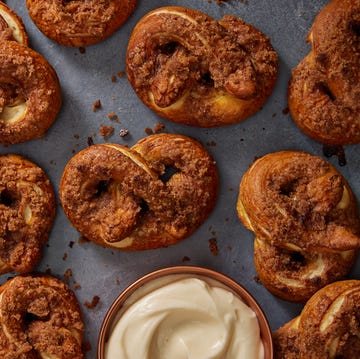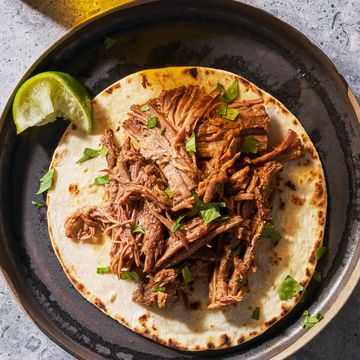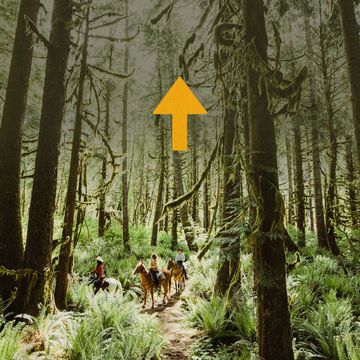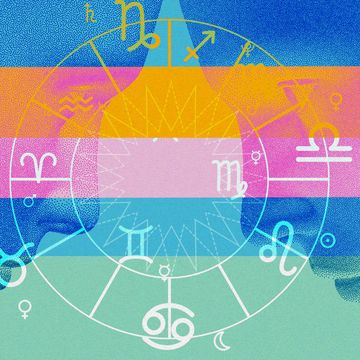If you’re a Native woman, chances are, at some point in your life — or perhaps repeatedly — someone has called you "Pocahontas." I’m always surprised when this happens, since I look nothing like her. She was Pamunkey, and I’m Cherokee. She died (likely poisoned) at the age of 21, and at the age of 34, I’m blessed to still be here and going strong. Today, she is buried in Gravesend, England — far away from her family, in a country to which I’ve never even been, but to which she was taken, against her will.
For our differences, I suppose the one thing Pocahontas and I share in common is that, as citizens of sovereign Nations that pre-date 1492, 1776, and 2017, both of our stories of survival have been erased, commodified, and/or appropriated by the larger "American" colonial narrative. This larger, more dominant American colonial narrative can be seen in everything from Nicki Minaj’s recent support of a sexualized "portrayal" of Pocahontas on social media, to President Trump’s repeated references to her name as some sort of pejorative title for Senator Elizabeth Warren.
As we prepare to commemorate the 396th anniversary of "Thanksgiving," the meal that the Wampanoag provided to the starving Pilgrims in what is now Plymouth, Massachusetts, I can’t help but wonder what it means that so many Americans still feel compelled to abuse the name of one of our most "famous" Native women. I wonder what it means that Pocahontas is still abused as a sex symbol and as an insult. I wonder what it means that her story and the stories of so many other Native women still haven’t been told.
Pocahontas, like so many Native women today, survived rape, abuse, and kidnapping. Today, in the United States, Native women are more likely to be raped, beaten, battered, and/or murdered than any other U.S. population. The United States Department of Justice’s National Criminal Justice Reference Service reports that the majority of violent crimes committed against Native Americans are committed by non-Natives. To make matters worse, in 1978, in the case of Oliphant v. Suquamish Indian Tribe, the United States Supreme Court declared that our Tribal Nations can no longer exercise criminal jurisdiction over non-Indians who come onto tribal lands and commit crimes. This means our Nations have been stripped of their inherent authority to protect us against the majority of crimes committed on our lands, against us.
With one swift vote, the Supreme Court erased the tribal jurisdiction my great-great-great grandfather John Ridge had worked hard to preserve 180 years before, in Worcester v. Georgia. Because of Oliphant, non-Indian abusers know they can visit tribal lands and rape Native women with impunity because, according to the U.S. Supreme Court, our Tribal Nations are without jurisdiction to stop them.
This, of course, is not the story that Disney, President Trump, or anyone else tells when they speak of Pocahontas. Her voice has been silenced. Her true story — her rape and abduction as a child — has been completely erased from American institutions of power and culture. Instead, we live in a country where Pocahontas’ true story has been commodified and replaced with a false narrative that celebrates her union with her abuser.
To be sure, Pocahontas was not alone in her survival of rape. Rape was a common colonial tool used to dismantle, destroy, and eradicate the Tribal Nations that comprised these lands prior to 1492. From Christopher Columbus to the United States military’s conduct in bloodbaths like the Sand Creek Massacre, colonial conquests on this continent have always targeted women.
Women are the fabric of our Nations. We give birth, we give life, to the next generation of citizens. Without us, our Nations cease to exist. The United States, British, Spanish, and several other militaries knew this — and as a result, they repeatedly used rape as a tool to colonize the continent. In many instances, this strategy proved nearly successful. But as of 2017, at least 567 sovereign Tribal Nations have survived and continue to exist today.
The violence, however, has not stopped — and the erasure of Pocahontas’ true story demonstrates that what began as a colonial conquest has now transformed into a contemporary cultural norm.
This is why I correct people who call me Pocahontas. Although many of my white, liberal, well-intentioned friends think her name is a term of endearment, her name is her name. It is not my name. Her story is not my story. And until we tell her story, we should not say her name.
Maybe, someday, a Hollywood studio will employ a Native woman to write and share Pocahontas’ truth.
Maybe, someday, schools will stop teaching the myth of Pocahontas, but will instead require students to understand what she — and contemporary Native women — must survive just so they can continue to exist.
Maybe, someday, the violence that Pocahontas endured will no longer be the norm.
Maybe, someday, when we say her name, we will tell her story.
But until then, we will have to continue to tell our own.
Mary Kathryn Nagle is a citizen of Cherokee Nation and a partner at Pipestem Law, P.C., a law firm dedicated to the restoration of tribal sovereignty and jurisdiction. Nagle’s play "Sovereignty" opens on January 24, 2018 at the Arena Stage in D.C. and documents the incredibly high rates of violence against Native women in the United States.

